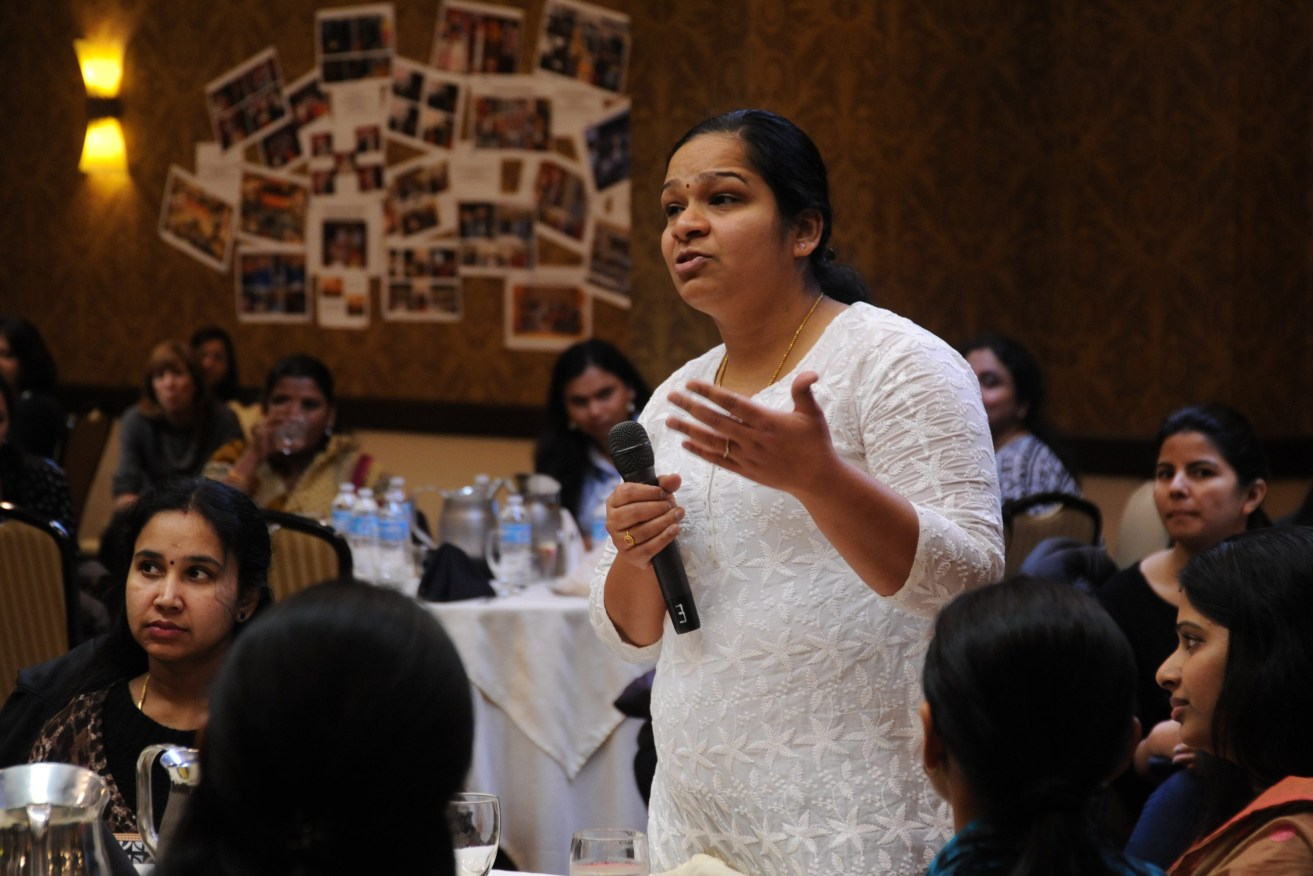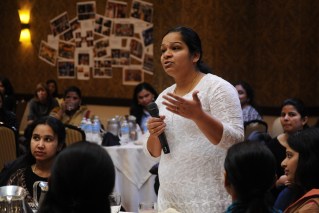Trapped: Students bear the weight of their parents’ unfulfilled dreams
Caught between choosing their own path and fulfilling their parents’ expectations of success, many young people suffer the impacts, including declining mental health, write Nicmo Mohamed Yussuf and Alana Tran.

While the best intentions and aspirations of immigrant parents are admirable, such desires could restrict the freedoms and individual paths of their own children. Image/Unsplash
An often-overlooked feature of the immigrant experience in Australia is the tireless dedication of parents who pour their aspirations into the lives of their children to give them the opportunities they didn’t have.
These aspirations may come in the form of encouragement to excel in certain subjects or activities, and in many cases people use stricter parenting styles to make sure their children do not fall behind.
Many children of ethnic parents are forced to conform to cultural expectations and parental aspirations, which can negatively impact the mental health of young people as they are expected to achieve the dreams of their parents.
David Magoffin, a senior teacher at Sunnybank State High School, said that “while it’s well intentioned from the parents wanting their kids to do well, some of it is a transition from one culture or country. At times it is problematic.”
Immigrant parents often instil parts of their culture into their children to preserve their only remaining connection to home. These cultural expectations frequently demand that the children prioritise their family’s needs before their own.
Mohamed Yussuf, a father of five children states, “I went through the struggle of coming to an unknown country and finding a job to support my family so my children can be successful and have a better life than the life they could’ve had in Africa.”
Motivated by the prospect of a bright future, ethnic parents may encourage their children to excel academically and push their children to achieve top grades, enrol in advanced classes, and participate in extracurricular activities.
While the best intentions and aspirations of immigrant parents are admirable, such desires could restrict the freedoms and individual paths of their own children.
On the positive side, the pressure can motivate second-generation Australians to work hard and strive for success as many feel a sense of responsibility to make their parents proud. They may develop a strong work ethic, resilience, and determination that can benefit them throughout their lives.
Many parents hope to be seen as supportive role models to their children, however their unwanted pressure can often be misinterpreted as controlling and toxic, especially if children fear the consequences of failing to meet their parents’ expectations.
A study by The National Library of Medicine states that academic pressure from ethnic parents is one of the most significant influences on the development of second-generation youth.
Mayram Saiar, a student from Sunnybank State High School said: “I don’t really get compared to any family members; however, my parents use me as an example instead. Even if my parents did compare me, I would think of it as a positive thing and try to better myself.”
A study by the Bay Atlantic University Blog also found that the continuous pressure negatively affects students’ psychological and physical health and increases the chances of developing disorders such as depression, sleep deprivation, and eating disorders.
Mischa Lim, a high-achieving student from Sunnybank State High School said: “Since my parents pressure me to do better, this causes me to feel academic burnout where I lose motivation to complete my tasks or lose sleep due to lack of interest in schoolwork both at home and in school.”
Mental health issues are often dismissed in ethnic households as some cultures see it as a sign of weakness. The stigma and lack of awareness around mental health issues causes many misunderstandings and is seen as an excuse for not achieving exceptional results.
Second-generation Australians often experience a decline in mental health due to their feelings being invalidated and a lack of belief from others. However, there is increased recognition of such issues among different cultures, reducing the stigma around mental health and encouraging youth to seek help when they need it.
Immigrant parents living life through their children can cause overwhelming and unfortunate impacts on youth. Despite the positive aspects such as encouragement and cultural preservation, there can also be negative aspects such as excessive pressure and limited freedom to make decisions which can then lead to disorders such as depression, anxiety and sleep deprivation.
It is vital for all parents to find the balance between encouraging their children to pursue success but allowing them to build their own futures. By practicing open communication and helping in areas youth may struggle in immigrant parents can create a stronger bond with their children while also helping them succeed in life.
Media Academy is a joint venture between InQueensland, the University of Queensland Critical Thinking Project and individual Queensland schools. Its aim is to train young people in critical thinking and media literacy in the context of producing their own journalism.












